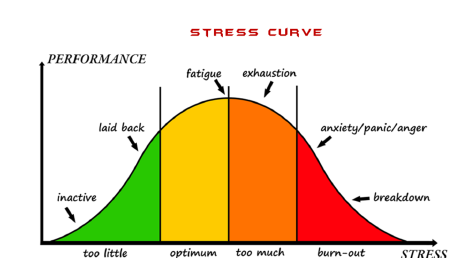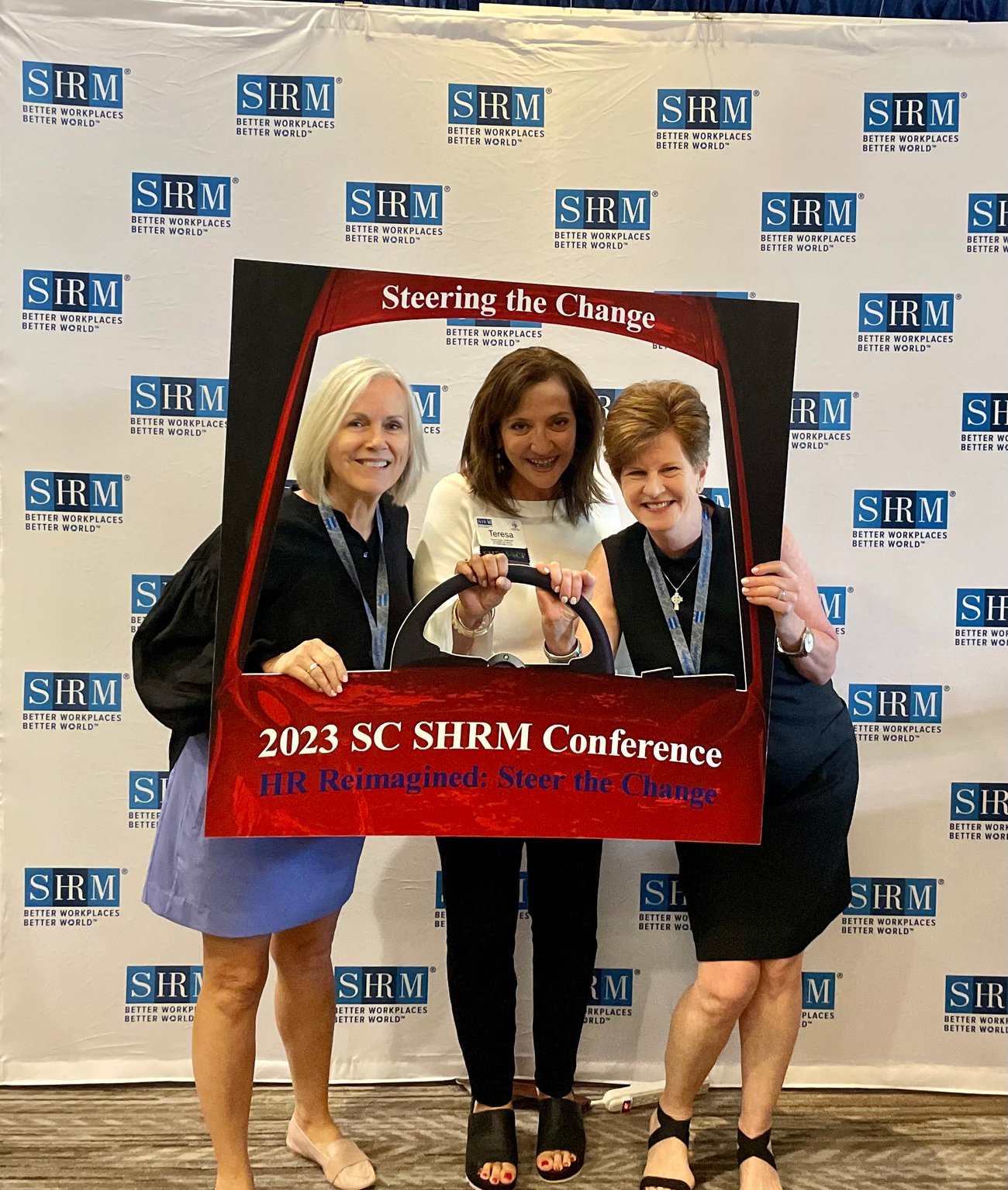
How often do you deal with this?
About a month ago, I facilitated a workshop for a women’s group in Charleston and the topic of Imposter Syndrome came up. Last week, I facilitated two sessions for Women In Defense, and imposter syndrome came up again. What exactly is it, and who does it impact?
Apparently, imposter syndrome was first written about in the 1970’s by psychologists Suzanna Imes and Pauline Rose Clance, and was thought to impact only high- achieving women. Subsequent research has found that 70% of us will experience it at some point in life, and it transcends gender, race, socio-economic status, skill level or degree of expertise. It’s a thing.
When talking with both groups about imposter syndrome, we discussed various ways to cope with imposter syndrome including being aware of and quieting the negative stories in your head. Negative self-talk, such as “I’m not enough”, “I can’t do this” and “No one listens to me” is not useful, yet is very common. Owning your achievements by understanding and appreciating who you are and what you have accomplished helps. Talking it out with a trusted friend, being sure not to compare yourself to others and watching how much social media you consume can all help to diminish imposter syndrome. How often do you deal with it?
#WiseWords
Worth The Share

Imposter Syndrome: Why You May Feel Like a Fraud, is an article from VeryWell Mind that provides a comprehensive overview of what imposter syndrome is and some solid ways to overcome it. The author, Arlin Cuncic, MA, breaks down imposter syndrome into five different types:
- The Perfectionist: believing that you are not as good as others might think you are
- The Expert: believing that you don’t know everything there is to know about the topic
- The Natural Genius: feeling like a fraud because you are not naturally intelligent or competent
- The Soloist: feeling like an imposter when you need to ask for help
- The Superperson: believing that you need to work harder than everyone else
While imposter syndrome can act as a motivator for some of us, for others it can cause anxiety and have a negative impact on our health and well-being. While it is not recognized as a mental health disorder, the anxiety it causes can be problematic. If imposter syndrome is negatively impacting your life, you might want to seek help from a mental health professional.
And Finally...

When doing the workshop on Emotional Intelligence last week, we discussed Stress and the impact that it has on our lives. We all have stress, but the amount of stress is what matters. The Yerkes-Dodson Stress Performance Curve, from 1908, is worth considering. Too much stress leads to burn-out while too little stress impacts performance. Where do you fall on this scale?
When discussing this scale with an Executive Coaching client who is the president of his company, he shared that the company is having their best year yet, and are set up for a successful 2024 too. As a leader, he is thriving. Guess where he is on this scale? In optimum stress. Another client realized he has too little stress and is a bit bored. Where are you on this curve? Where do you want to be, and what can you do to make a shift?
Have a great week and a Happy Halloween!
Mary Jo



